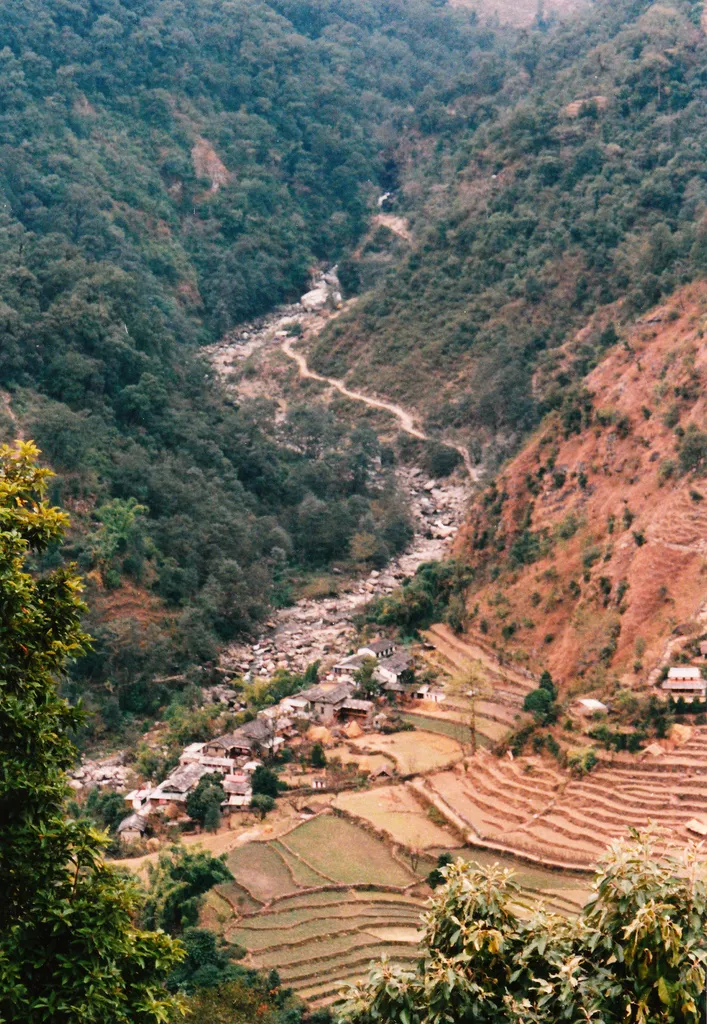A shortage of fuel is affecting transportation in Nepal. The landlocked country is suffering heavily from a fuel shortage following limits on supplies crossing the border from neighbouring India. Nepal is dependent for its fuel supply on the Indian Oil Corporation.
According to an official at Nepal Oil Corporation, a total of 18,000kilolitres of petrol, 68,000kilolitres of diesel, 3,000 kiloliters each of kerosene and domestic aviation fuel, 7,000kilolitres of international aviation fuel and 1.40 million
October 14, 2015
Read time: 1 min
A shortage of fuel is affecting transportation in Nepal. The landlocked country is suffering heavily from a fuel shortage following limits on supplies crossing the border from neighbouring India. Nepal is dependent for its fuel supply on the Indian Oil Corporation.
According to an official at Nepal Oil Corporation, a total of 18,000kilolitres of petrol, 68,000kilolitres of diesel, 3,000 kiloliters each of kerosene and domestic aviation fuel, 7,000kilolitres of international aviation fuel and 1.40 million cylinders of gas are consumed in Nepal every month.
According to an official at Nepal Oil Corporation, a total of 18,000kilolitres of petrol, 68,000kilolitres of diesel, 3,000 kiloliters each of kerosene and domestic aviation fuel, 7,000kilolitres of international aviation fuel and 1.40 million cylinders of gas are consumed in Nepal every month.







